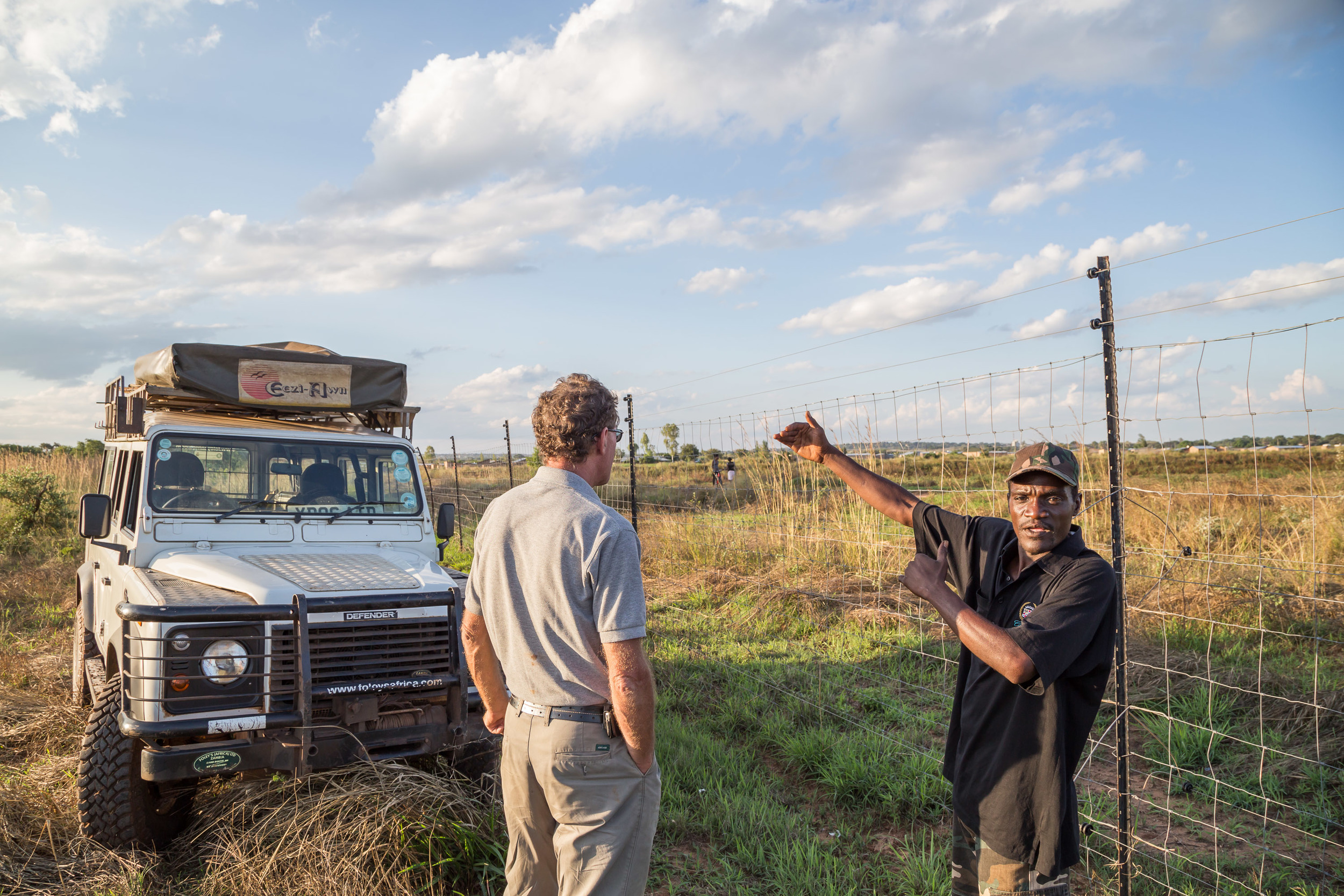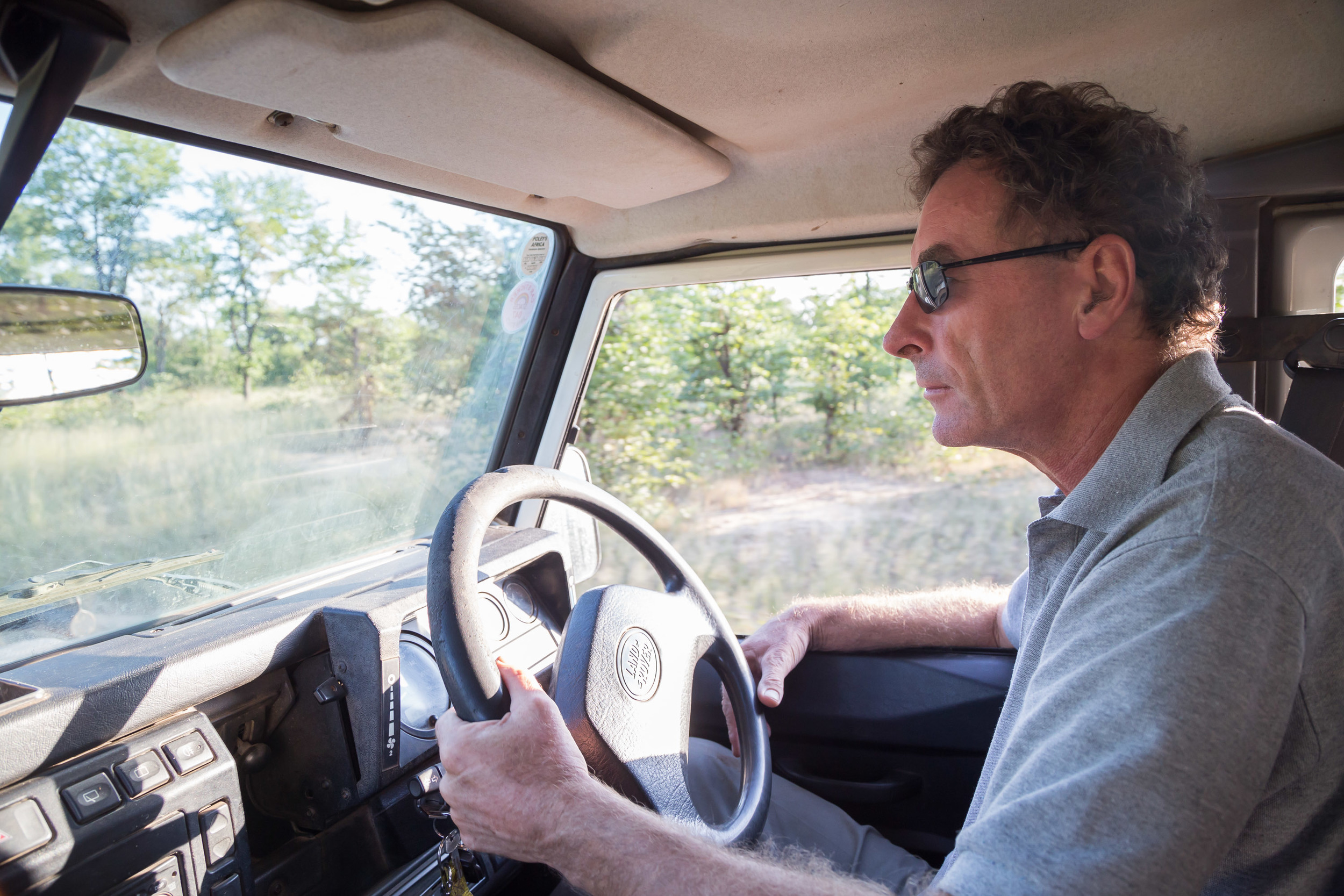4.5 out of 5 stars
What better way to kick off the new year than watching a Netflix original documentary, Cuba and the Cameraman?
In short, it's amazing. This guy, Jon Alpert, decided to follow the narratives of 3 human stories for nearly 5 decades. Writer. Director. Actor. And while it's no Hollywood cinematography but a guy with a 50-pound camera in hand who may very well have used Windows Media Player to stitch up the film, it just works. It's raw, authentic, and old-school simple. Throw in 50 years of footage with Fidel Castro revealing his bare chest on camera, and it's almost Oscar-worthy material.
There's just so much amazing in this movie. You literally see a 20 something guy turn into a 60 something guy by the end of the movie. Young Fidel to Old Fidel. The rise and fall of socialist Cuba.
Moreover, it's a story about the human condition. People striving for better lives. Happiness. There's a woman that Alpert tracks down after first photographing her as a little girl. And then there's Luis, a slum resident who ends up in prison, but later finds success with hard work and determination. And possibly the fan favorites? The Borrego brothers—Cristobal, Gregorio, and Angel—old-time farmers with gregarious laughs that make anyone smile upon seeing them on screen. It's happy and sad and then happy again story with these brothers. But it's heartwarming to see the happiness embodied in these 3-old farmers. It's how I'd like to go down.
The film ends in late 2016 right after Fidel's death, which is around the time I visited as well. I also witnessed much of Cuba's angst, joy, and uncertain future during my time there and perhaps that's why the film resonated with me. But the film depicts the essence of the human condition, which relates to all from the West to the far East.










